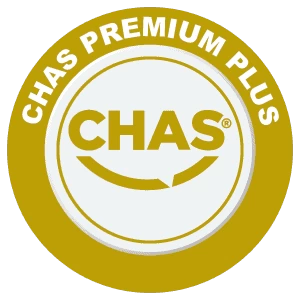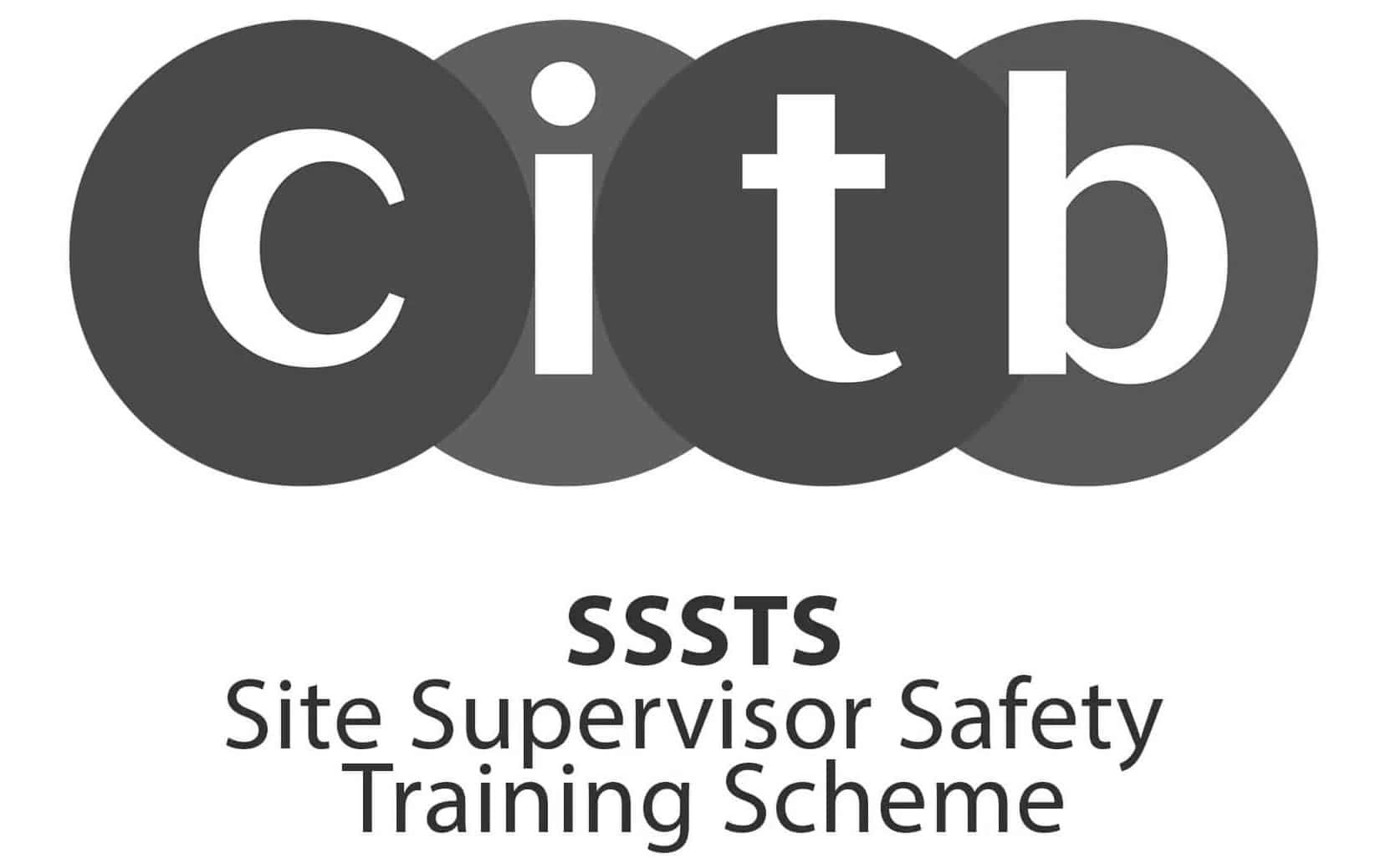Maintaining the cleanliness of food factory equipment is not just a regulatory requirement but a fundamental aspect of producing safe and high-quality food products. As a professional cleaning company with 26 years of experience in the industry, we understand the importance of keeping food factory equipment clean and up to industry standards.
This article explores UK food hygiene regulations, the consequences of poor cleanliness, and best practices for maintaining food factory equipment.
Food Hygiene Regulations in the UK
Maintaining cleanliness in food production environments is crucial to ensuring the safety and quality of food products. In the UK, food hygiene is governed by a comprehensive set of laws and regulations designed to protect consumers and ensure that food production facilities adhere to high cleanliness standards. Key pieces of legislation include:
- Food Safety Act 1990: This is the primary legislation for food safety, covering all aspects of food production, distribution, and sale. It requires food businesses to ensure that their food is safe, of the expected quality, and not misleadingly presented.
- Food Hygiene (England) Regulations 2013:These regulations implement hygiene legislation and provide detailed requirements for food businesses, including the necessity of Hazard Analysis and Critical Control Points (HACCP) systems, which help identify and manage food safety risks.
Food production facilities must comply with these regulations to operate legally. This includes:
- Implementing and maintaining a documented food safety management system based on HACCP principles.
- Ensuring all equipment and surfaces that come into contact with food are regularly cleaned and sanitised.
- Training staff on food hygiene practices and the proper use and cleaning of equipment.
- Keeping detailed records of cleaning schedules, inspections, and maintenance.
Non-compliance with food hygiene regulations can result in legal action, including fines, closure of the facility, and prosecution of responsible individuals. In addition, failure to maintain high cleanliness standards can lead to contamination of food products, resulting in foodborne illnesses such as Salmonella, E. coli, and Listeria, which can thrive in dirty
environments and cause severe health problems for consumers. A single food contamination incident can severely damage a brand’s reputation, leading to a loss of consumer trust and decreased sales. Maintaining a spotless and hygienic production environment is essential for preserving a positive public image.
Tips for Maintaining Food Factory Equipment
Conduct Regular Inspections
Regular inspections are the cornerstone of an effective cleaning and maintenance strategy in food factories. Inspections help identify potential issues before they escalate, ensuring that equipment remains in optimal working condition and ensures compliance with food safety regulations.
Schedule regular equipment inspections to identify any signs of wear, damage, or contamination. Daily, weekly, and monthly checks should be outlined depending on the equipment usage. Develop comprehensive checklists that cover all aspects of equipment inspection, including visual checks for cleanliness, mechanical function, and signs of wear or damage.
Remember to maintain detailed records of all inspections. Documenting findings and corrective actions provides a trail of accountability and traceability and ensures that any recurring issues can be tracked and addressed systematically.
Train Employees
Only fully trained staff should be responsible for using and cleaning equipment. Develop training programs that cover all aspects of equipment use and maintenance. These programs should include both theoretical knowledge and practical hands-on training.
Proper training ensures that staff understand the importance of hygiene, know how to operate equipment correctly, and are aware of the correct cleaning procedures. This reduces the risk of contamination and equipment damage and ensures a safe and efficient food production process.
It’s also essential to provide regular refresher courses and updates on the latest industry standards and regulations to keep staff informed and competent.
Implement Strict Cleaning Routines
A strict cleaning routine is essential for preventing equipment from getting dirty and ensuring that food production environments remain hygienic. Consistent cleaning routines minimise the risk of contamination, improve equipment longevity, and ensure compliance with food safety regulations.
Implement a daily cleaning schedule for all equipment and surfaces that come into contact with food. This includes disassembling equipment where necessary to reach all areas. Schedule periodic deep cleaning sessions to tackle areas not covered by daily routines. This may involve more thorough disassembly and the use of specialised cleaning agents.
Call In the Professionals!
Arrange for regular professional cleaning and maintenance to supplement in-house cleaning efforts. Professional cleaning services provide expertise and resources that might not be available in-house. They can handle more complex cleaning tasks, ensure compliance with industry standards, and provide a higher level of cleanliness, which is crucial for food safety.
At the Real Cleaning Co., we have 26 years of specialised knowledge and experience in food factory cleaning. We work closely with you to develop a cleaning plan that complements your in-house cleaning routines and ensures that all areas and equipment are adequately covered.
We are ready to support your food production facility with our specialist cleaning services, help you achieve and maintain high standards, and ensure the safety and satisfaction of your consumers. Explore our services or request a free quote.

















